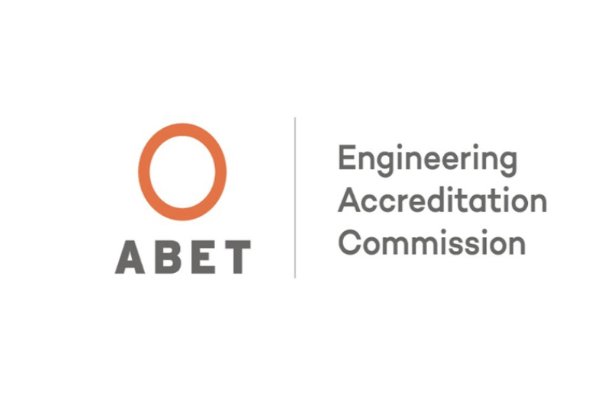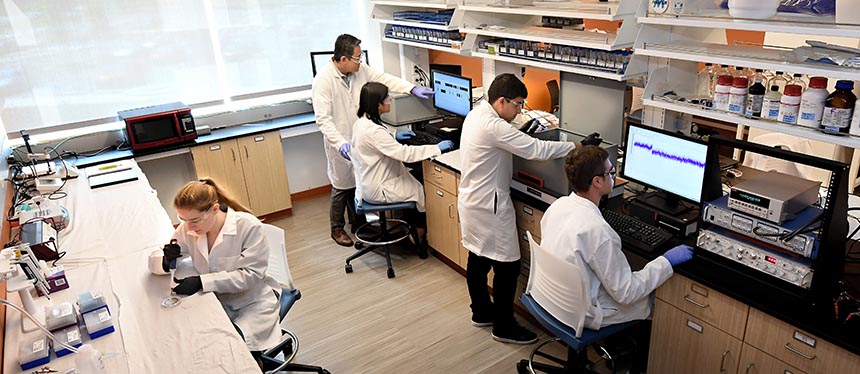B.S. in BME
B.S. in BME
B.S. in BME
Biomedical Engineering at Rowan offers an ABET-accredited Bachelor of Science in Biomedical Engineering. Rowan BME blends Rowan engineering’s highly acclaimed hands-on, minds-on approach to education with rich opportunities for clinical collaboration through our two medical schools (Cooper Medical School of Rowan University and Rowan University School of Osteopathic Medicine) as well as regional companies, physicians, and hospital systems. Our faculty are passionate about undergraduate education and create effective learning environments to foster learning and innovation both in and out of the classroom.Undergraduate Program Educational Objectives
Program Educational Objectives are defined by the Accreditation Board for Engineering and Technology (ABET) to be broad statements describing what graduates are expected to attain within a few years of graduation. Rowan BME provides comprehensive preparation for our graduates to succeed in a variety of career paths.Our Program Educational Objectives are:
- Develop engineers who possess the unique set of skills and knowledge that constitute the core of biomedical engineering and can successfully apply these in a wide variety of fields.
- Develop engineers who can function both independently and collaboratively to solve problems in their field.
- Develop engineers who engage in professional growth and responsible practice.
Student Learning Outcomes
Students graduating from the program have:
- An ability to identify, formulate, and solve complex engineering problems by applying principles of engineering, science, and mathematics
- An ability to apply engineering design to produce solutions that meet specified needs with consideration of public health, safety, and welfare, as well as global, cultural, social, environmental, and economic factors
- An ability to communicate effectively with a range of audiences
- An ability to recognize ethical and professional responsibilities in engineering situations and make informed judgments, which must consider the impact of engineering solutions in global, economic, environmental, and societal contexts
- An ability to function effectively on a team whose members together provide leadership, create a collaborative environment, establish goals, plan tasks, and meet objectives
- An ability to develop and conduct appropriate experimentation, analyze and interpret data, and use engineering judgment to draw conclusions
- An ability to acquire and apply new knowledge as needed, using appropriate learning strategies

The Biomedical Engineering program is accredited by the Engineering Accreditation Commission of ABET, https://www.abet.org, under the commission’s General Criteria and Program Criteria for Bioengineering and Biomedical and Similarly Named Engineering Programs.
